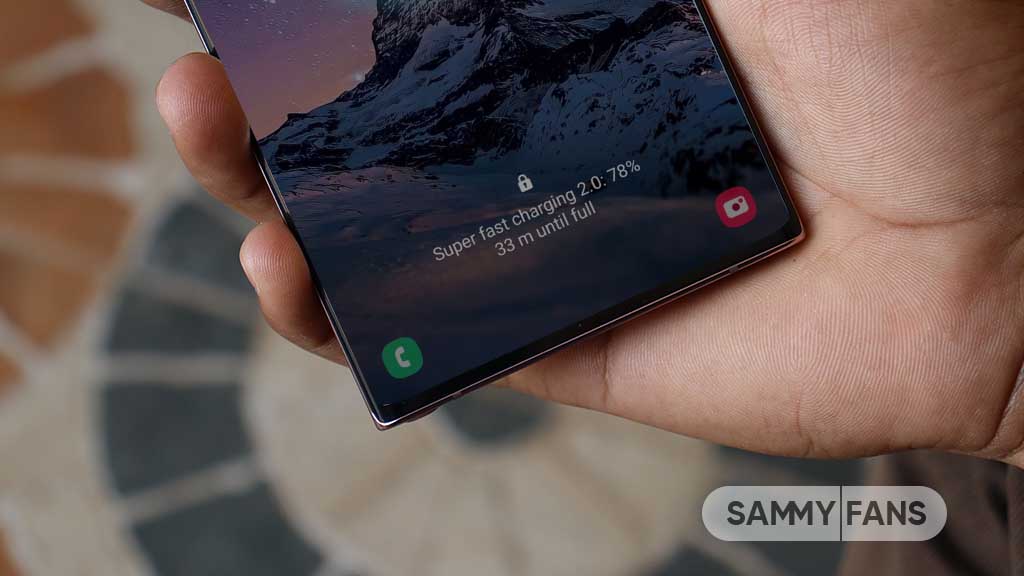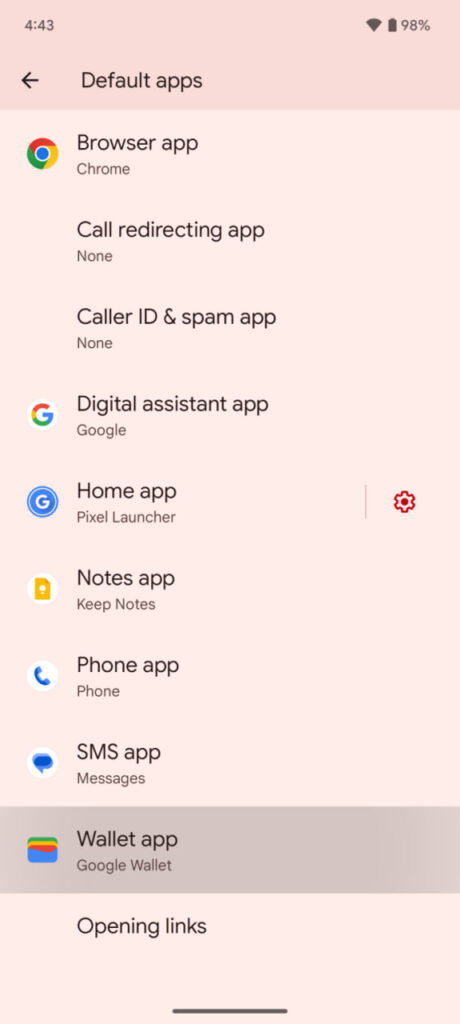Android
Checkfirm: Android 11/One UI 3.0 is being tested on the Galaxy Note 10+

So far, Samsung has released 2 Android 11-based One UI 3.0 beta for the Galaxy S20 series and 1 beta for the Galaxy Note 20 series. Samsung hasn’t yet started the One UI 3.0 public beta program for the Galaxy Note 10 and Galaxy S10 series.
Well, as per the latest information in the Checkfirm application, the Android 11 is already being developed for the Galaxy Note 10+.
JOIN SAMSUNG ON TELEGRAM

According to the application data, shared on Reddit, the latest Android 11 build was spotted on October 23. The spotted build is for the international Exynos-powered Galaxy Note 10+, model number SM-N975F. The complete build number is N975XXS6DTI5.
For more information and regular updates, you can check the complete round-up of the Android 11 for the Galaxy Note 10 series here.
CheckFirm reports that android 11 is currently being tested on Note 10+ Exynos from galaxynote10
Android
Google Android 15 Beta 1.1 update fixes NFC issue and more
Google has released the Android 15 Beta 1.1 update for pixel devices, which includes a series of bug fixes following the previous version released two weeks ago. It is available for several Pixel devices, from the Pixel 6 to the Pixel 8 Pro, including the Pixel Tablet and Pixel Fold.
Identified via version AP31.240322.023, the Android 15 Beta 1.1 update comes with the latest security patch for April 2024. It addresses several issues, particularly with NFC which had been causing disruptions in wallet applications and other related system functions.
Moreover, the update resolves a problem that caused crashes in the Developer Options settings screen. It also fixes issues that were preventing some devices from properly updating to the initial Beta 1 release. Additionally, a fix has been implemented for a problem related to text clipping during printing tasks.
For users who are part of the Android Beta for Pixel program, the Beta 1.1 update will be provided as an over-the-air (OTA) update. Users can also manually install the update to enjoy error-free and enhanced service.

Stay up-to-date on Samsung Galaxy, One UI & Tech Stuffs by following Sammy Fans on X/Twitter. You can also discover the latest news, polls, reviews, and new features for Samsung & Google Apps, Galaxy Phones, and the One UI/Android operating system.
Do you like this post? Kindly, let us know on X/Twitter: we love hearing your feedback! If you prefer using other social platforms besides X, follow/join us on Google News, Facebook, and Telegram.
Android
Android 15 to boost wireless charging with NFC support

Google plans to introduce support for NFC Wireless charging (WLC) with Android 15. This feature is a significant development for charging small electronic devices. Unlike the widely-used Qi wireless charging, NFC wireless charging does not require large coils, making it ideal for devices with limited internal space.
With the Android 15 update, NFC wireless charging is expected to become more common in smaller devices such as earbuds, styluses, smartwatches, and tracker tags. This support will enhance user convenience and device functionality.
Announced in 2020, the NFC Wireless Charging technology uses antennas that are reportedly smaller than one centimeter. These antennas are versatile, serving both as a means for wireless charging and NFC data transfer. This dual functionality is particularly beneficial for smaller devices.
The slow adoption of NFC Wireless Charging in the market has been attributed to a lack of support from major operating systems. However, the recent Android 15 beta release indicates that Google is now integrating NFC Wireless Charging capabilities into the Android platform. This move could lead to an increase in WLC-enabled accessories.
This feature could transform the charging of devices like tracker tags, which could use NFC for both power and data, and styluses that comply with the USI 2.0 specification.
Android 15 might allow Google Play to update your phone’s NFC
Stay up-to-date on Samsung Galaxy, One UI & Tech Stuffs by following Sammy Fans on X/Twitter. You can also discover the latest news, polls, reviews, and new features for Samsung & Google Apps, Galaxy Phones, and the One UI/Android operating system.
Do you like this post? Kindly, let us know on X/Twitter: we love hearing your feedback! If you prefer using other social platforms besides X, follow/join us on Google News, Facebook, and Telegram.
Android
Android 15 expands default wallet app choices

Google has recently released the first beta version of Android 15, which brings a significant update as lets users select a preferred app to serve as their default wallet application. This feature enhances the system’s flexibility, allowing for a personalized choice of NFC payment apps.
Previously, Google Wallet was the default NFC payment app on Pixel phones. With the new update, users have noticed that the AMEX app is also compatible with this setting.
This change is also expected for various payment apps to become the default wallet app on Android devices. Google explains that wallet apps are designed to store essential items like credit cards, loyalty cards, and even car keys, facilitating different types of transactions.
This update is notable because it differs from Apple’s approach on iOS, where alternative digital wallet apps are not allowed. Previously, Android hasn’t blocked third-party wallet apps but this new default setting will make it easier for users to integrate these apps into their payment processes, giving them more options and enhancing the overall user experience.
Stay up-to-date on Samsung Galaxy, One UI & Tech Stuffs by following Sammy Fans on X/Twitter. You can also discover the latest news, polls, reviews, and new features for Samsung & Google Apps, Galaxy Phones, and the One UI/Android operating system.
Do you like this post? Kindly, let us know on X/Twitter: we love hearing your feedback! If you prefer using other social platforms besides X, follow/join us on Google News, Facebook, and Telegram.












